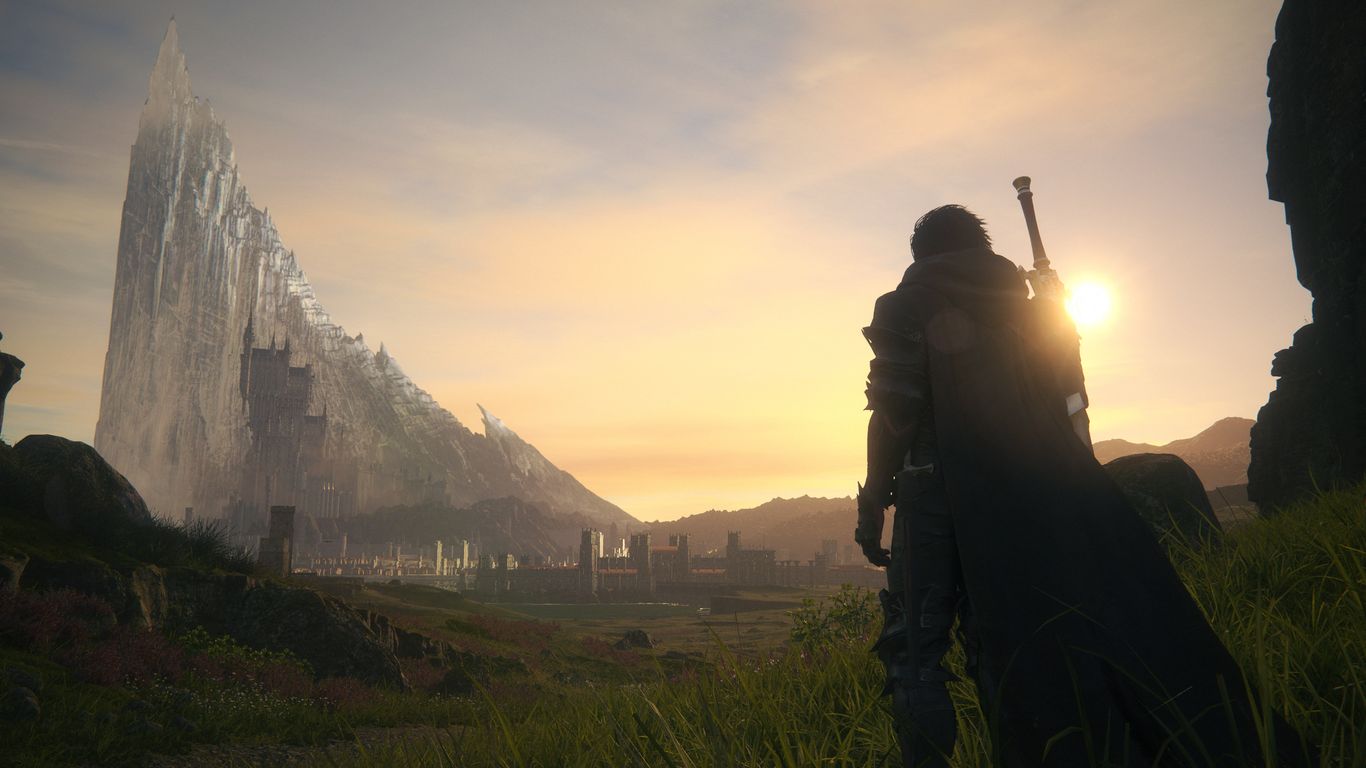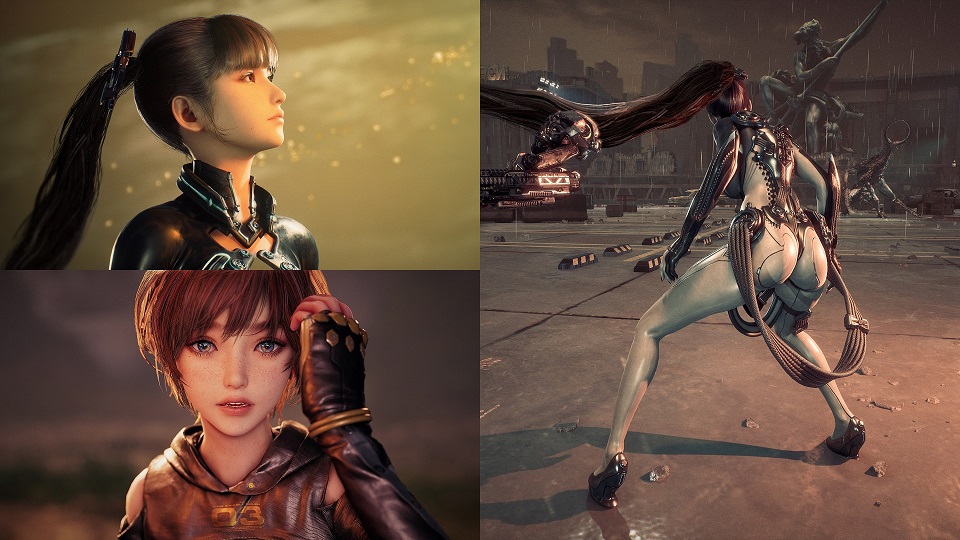IbizaPocholo
NeoGAFs Kent Brockman

Square Enix, Sega, Konami are preparing big changes to their business
Everyone's got a plan to deal with rising development costs.
Square Enix, Sega and Konami, three stalwarts of the Japanese gaming scene, are making risky bets that will change how they do business.
Driving the news: In reports to investors over the past two weeks, the keepers of Final Fantasy, Sonic and Castlevania have made it clear that the status quo is not working well enough.
- They cite a mix of rising development costs and a need to find financially prudent ways to create global hits.
- What that means for how projects are greenlit and budgeted is unclear, but it’d be an unprecedented approach for a big game publisher.
- Square Enix’s old model of fully owning studios has “begun to produce side effects of a scale that we cannot ignore,” company president Yosuke Matsuda said in the company’s recently released annual report, citing swelling costs.
- The company's risk avoidance explains its decision earlier this year to sell most of its Western studios and franchises, including Tomb Raider and Deus Ex.
- Square Enix is also pushing hard into blockchain gaming. In a presentation to investors on Monday, it promoted its newly announced interactive NFT art project Symbiogenesis and new investments in a blockchain payment platform, a blockchain medieval strategy game and a collectible NFT trading card game.
- The company wants to create “a game so revolutionary that it attracts far more active users than any of the group’s games to date,” Sega president Haruki Satomi said in a recent note to stockholders, projecting lifetime sales at ¥100 billion, or $683 million.
- This comes amid a concern that the company’s “profit margins are still relatively low vis-à-vis the competition,” as noted by co-COO Shuji Utsumi.
Between the lines: All of these companies are searching for growth amid a stagnating Japanese market.
- Mobile gaming had been a lifeline for some time, but growth in that sector has slowed partially due to increased competition from Chinese game makers, MST Financial analyst David Gibson tells Axios: “The Japan mobile rivers of gold are no longer growing.”
- That is forcing Japanese game companies to develop plans to generate global hits in console and PC, Gibson says.
- That’s likely because Capcom is already where its Japanese peers want to be, with its regular cadence of releases for its globally popular franchises Resident Evil and Monster Hunter — the latter of which even U.S. publisher EA now wants to compete with.
- On Tuesday, Capcom announced the development of a Monster Hunter mobile game, in partnership with TiMi, which is part of the globally successful Chinese gaming company Tencent.





